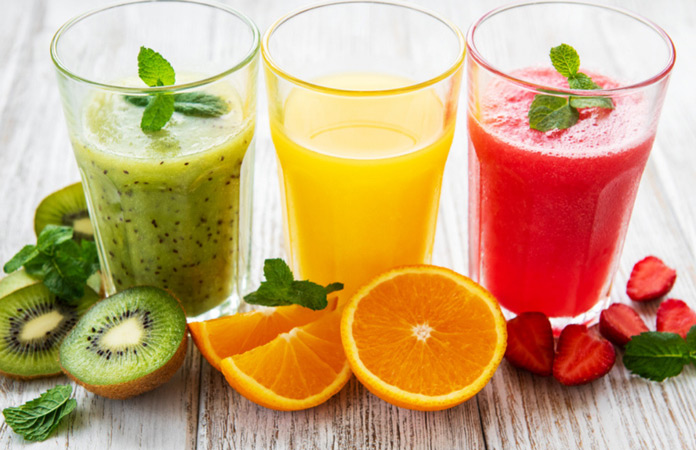The pumpkin is a form of winter squash. This North America-originated vegetable is very popular around the world, especially during Halloween and Thanksgiving. In addition, we can easily find it in many recipes and dishes thanks to the delicious tastes and vivid colors. Beyond these features, pumpkin is extremely nutritious with many great health benefits. Below are 10 nutrition facts and benefits that everyone needs to know about this orange squash.
Nutrition Facts
Pumpkin is very nutritious as it is packed with a lot of essential minerals and compounds. In fact, it can provide the body with most of the elements needed for basic functions. A serving of cooked pumpkin would contain the following nutrients:
– Carbohydrates: 11 grams
– Calories: 50
– Protein: 2 grams
– Fiber: 3 grams
– Vitamin C: 19 percent of the recommended daily intake
– Vitamin K: 50 percent of the recommended daily intake
– Potassium: 15 percent of the recommended daily intake
In addition, pumpkin can provide thiamin, vitamin B6, pantothenic acid, niacin, folate, iron, vitamin E, riboflavin, manganese, and copper. [1]










